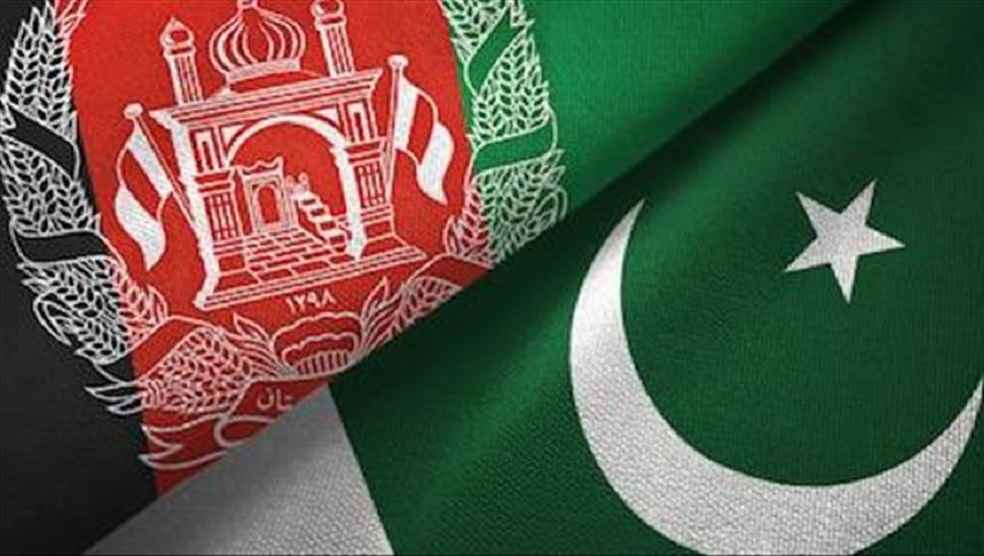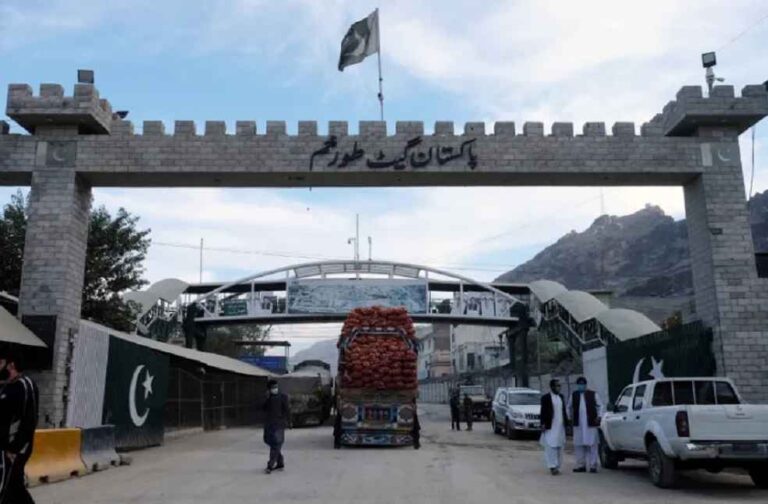Pakistan’s Ministry of Commerce announced a halt on the export of 212 products to its neighboring country Afghanistan, as disclosed by ARY News.
The embargo list is comprehensive, covering 17 categories of apparel, diverse vehicle tires, tea leaves, cosmetics, and an expansive array of toiletries. A broad selection of nuts, dried or fresh fruits, and household gadgets like fridges, air conditioners, and juicers join the list.
This pivotal decision shadows another crucial policy alteration. Just 24 hours prior, Pakistan introduced a ten percent processing fee on numerous items imported under the Afghan transit trade agreement.

Elaborating on this new directive, an official customs department statement detailed the ten percent ad valorem fee on specific Afghan transit commercial goods entering Afghanistan via Pakistan. Products such as confectioneries, chocolates, assorted machines, blankets, home textiles, footwear, and garments find themselves in this category.
Behind these changes lies Pakistan’s meticulous strategy to tackle significant financial losses tied to the Afghan transit trade. Reports suggest an annual deficit reaching an alarming PKR 180 billion, largely due to transit commodity smuggling. Responding to this, the Federal Board of Revenue (FBR) implemented a plan mandating a 100% guarantee on all luxury items under the Afghan transit trade.

Driven by these concerns, the Pakistani government emphasized terminating the illegal movement of luxury goods through this transit channel. Acting on the advice of the Special Investment Facilitations Council’s (SIFC) apex committee, several high-end items such as fabrics, cosmetics, tiles, and tires now require clearances from relevant bodies before export.
This new trade framework between Pakistan and Afghanistan holds the potential for ripple effects across the region. As Pakistan adjusts its economic levers, the world watches closely, eager to understand the cascading effects of these policy shifts on both nations and the regional fabric.
DON’T MISS IT | Japan Seeks WTO Mediation Over China’s Seafood Ban



